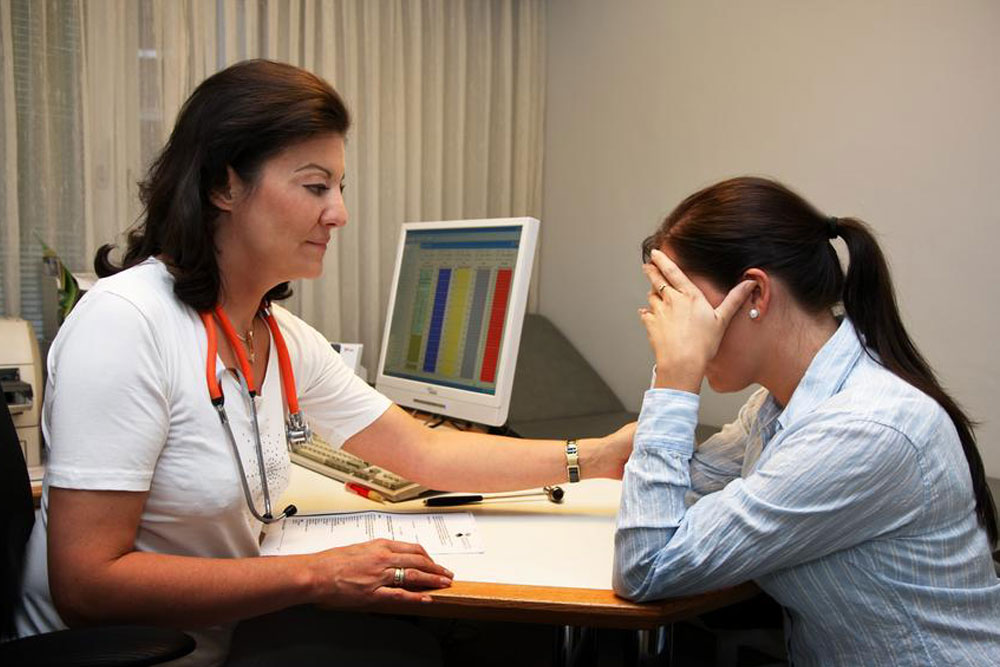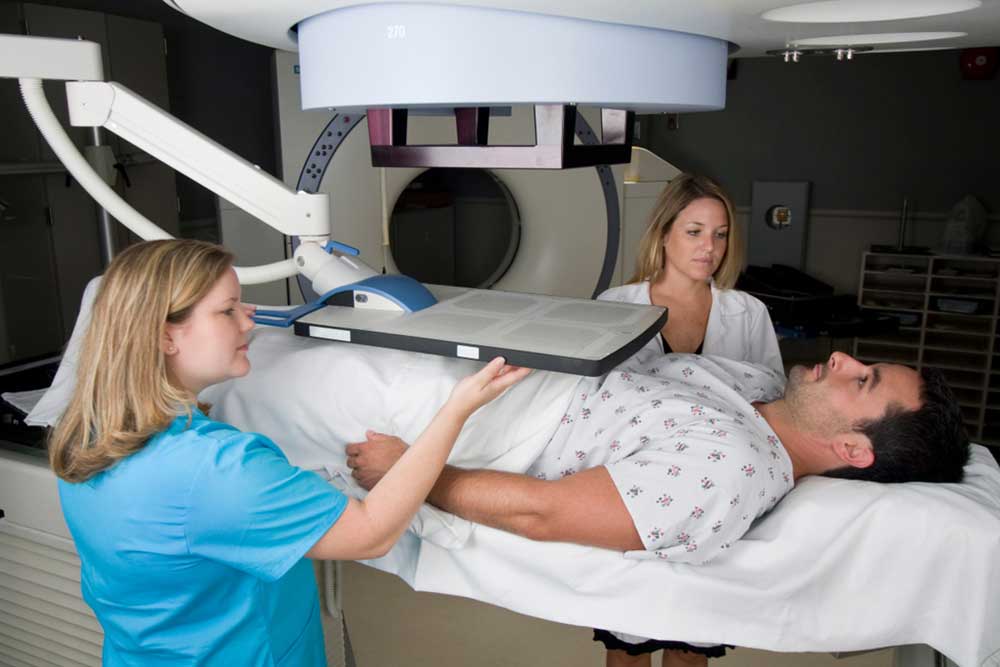Essential FAQs About BRCA Genetic Testing You Should Know
This comprehensive guide clarifies common questions about BRCA genetic testing, including how it's performed, what results mean, and who should consider testing. It emphasizes understanding hereditary cancer risks and the importance of genetic counseling. Whether you're assessing personal risk or supporting a loved one, this overview offers valuable insights into BRCA mutation testing and its role in cancer prevention strategies.

Understanding BRCA Testing: Key FAQs Explained
Genetic testing for BRCA focuses on identifying gene mutations linked to higher cancer risks, rather than diagnosing cancer itself. It helps determine whether individuals and their families have increased chances of developing breast or ovarian cancers. This testing examines alterations in the BRCA1 and BRCA2 genes, which normally serve as tumor suppressors.
What Does HBOC Refer To?
Hereditary breast and ovarian cancer (HBOC) describes familial cases of these cancers, often caused by mutations in BRCA genes. Carriers face significant risks: up to 87% for breast cancer and 44% for ovarian cancer. Such genetic changes can be inherited from either parent and increase risks for men, including breast and prostate cancers.
Who Should Consider BRCA Testing?
If family history suggests increased risk—such as multiple relatives with breast or ovarian cancer, early-onset cases, or cancers in male relatives—consulting a genetic counselor may be beneficial. These professionals can assess your individual risk factors and guide testing decisions.
How Is BRCA Testing Performed?
Typically, a blood sample is collected via a simple needle prick for DNA analysis. Alternatively, saliva or skin samples may be used. Genetic counseling is often recommended before and after testing to interpret results and discuss next steps.
Timing for BRCA Test Results
Results usually take several weeks. Your healthcare provider will review the findings with you, explaining their implications and recommending appropriate actions based on whether the test is positive, negative, or inconclusive.
Understanding BRCA Test Results
A positive result indicates a mutation linked to increased cancer risk, but it doesn't guarantee cancer development. A negative result suggests no inherited mutation, though risk isn't eliminated. An uncertain or ambiguous result may require further evaluation. Your medical team will help tailor a management plan suited to your test outcome.
Limitations and Cautions
While BRCA testing provides valuable risk insights, it is not a definitive diagnosis of cancer. Results must be interpreted within the broader context of personal and family history. Always consult healthcare professionals for guidance and support following testing.









